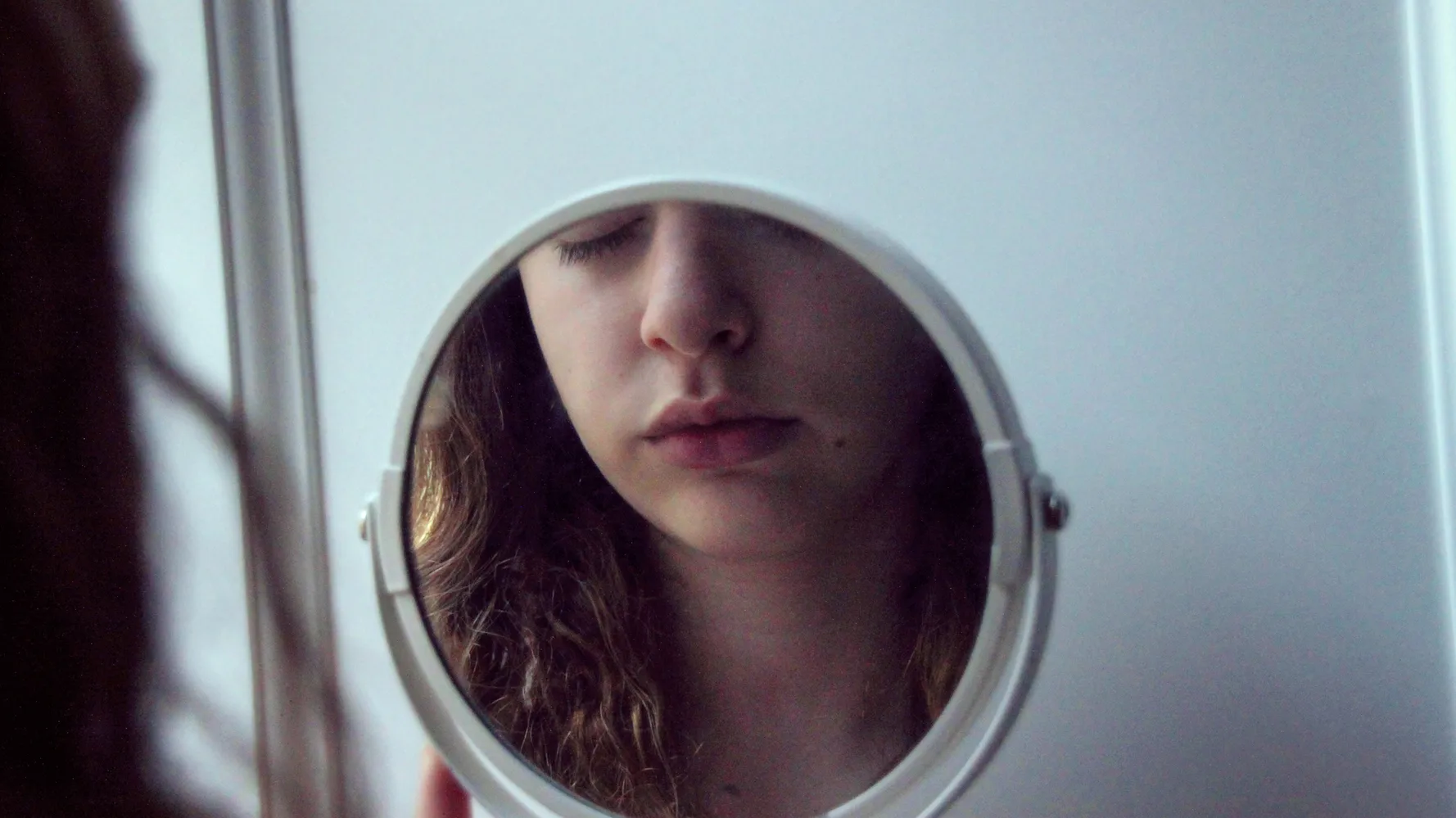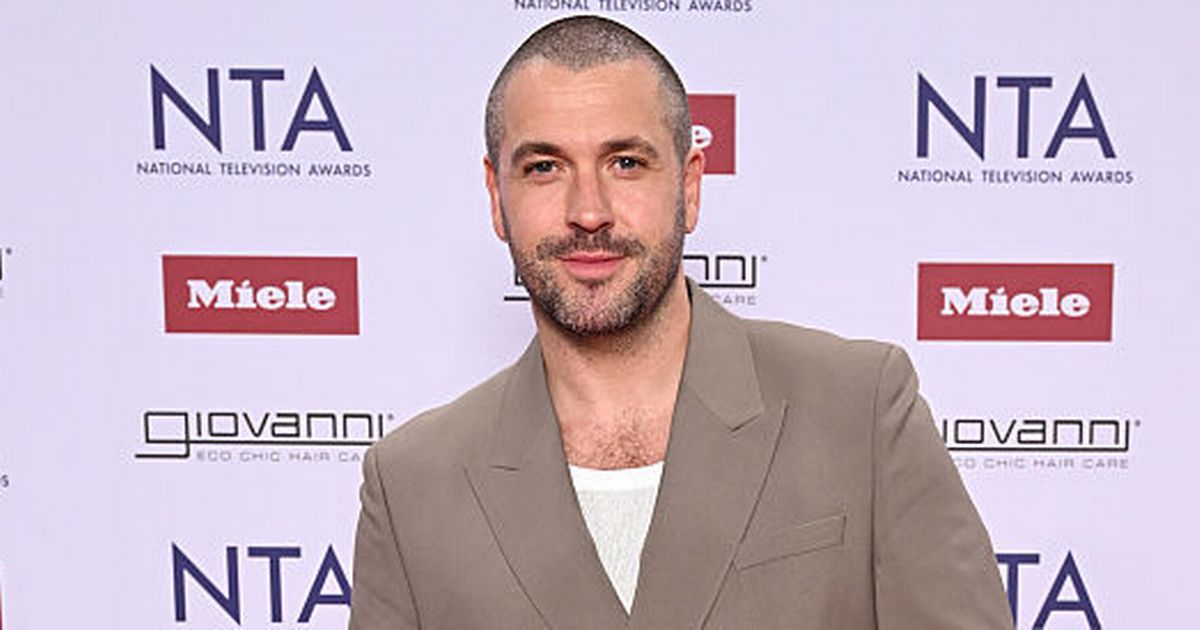By Natasha Hinde
Copyright huffingtonpost

With so much of what we see online being focused on looks, it’s no surprise that some tweens and teens are struggling with low self-esteem.
Previous research by Dove found as many as 61% of 10- to 17-year-old girls in the UK struggle with low self-esteem. And it’s not just limited to young girls – the rise of so-called “looksmaxxing” (which is all about maximising your looks to become more attractive) reveals it’s impacting young boys, too.
One mum admitted her teenage daughter, who is 16, thinks she’s “ugly” – and she’s not sure how to help her.
“She points to specific features that she doesn’t like about herself (wide set eyes, high forehead, small lips, face shape, eyebrows),” the parent wrote on Reddit’s r/Parenting forum.
“Objectively speaking, however, she is quite striking and pretty, and she has been told this by several people.”
The parent said when her daughter was in middle school, there was a group of boys who “voted” her the ugliest girl in her class. Not only that, but another girl in her class had described her as “unattractive” and she’d overheard it.
“It has really hit her self-esteem quite hard, and it is affecting her deeply,” the worried mum said. “My previously outgoing and happy kid is now withdrawing and depressed.”
The teenager has started therapy and her parent said she often reminds her that “everyone is unique and beautiful in their own way”. She also makes a point of complimenting her daughter “when she puts together a cute outfit or tries a new hairstyle” and praises her other talents as well.
But she wanted to know if there’s any other way she could help her 16-year-old navigate this period. “I’m feeling at a loss and am so sad for her. Any advice would be greatly appreciated!” she added.
How to respond when a child says they’re ‘ugly’
“I think when a child repeatedly says they are ugly, it usually means something deeper is hurting… comparison, rejection, identity issues, or feeling unseen,” Anna Mathur, a psychotherapist and author of The Uncomfortable Truth, told HuffPost UK.
The expert suggested parents can respond in ways that both soothe the immediate pain and build long-term self-worth.
“Belonging and self-worth are not built in mirrors or popularity contests. They grow in the quieter spaces – doing something well, being kind, being seen and supported by someone who cares deeply,” she said.
“When children feel safe enough to express their insecurities and know they are seen beyond them, they begin to change the story inside their head.”
Building long-term self-worth
Regardless of whether your child has said they think they’re ugly or not, it can help to regularly reflect back their strengths and qualities in daily life – especially those not tied to appearance.
Mathur recommends for parents to say something like “I love how kind you are” or “you’re brave in how you try new things”. She advises avoiding overpraising physical appearance as it “may backfire if they don’t feel it inside”.
“Minus the pressure, it’s better to praise effort, kindness, character,” she said. “Be consistently loving and unconditional. Remind them often (not just when something good happens) that they are loved because of who they are, not how they look or what they do.”
Another “powerful” strategy is to model self-kindness yourself. “If they hear you speaking harshly about your own appearance, or others’, they learn that voice,” said Mathur. “If you treat yourself more gently, you give them permission to do the same.”
It might also be helpful to limit exposure to harmful comparison triggers. “Social media, certain peer groups, magazines etc., can amplify the belief they have to look a certain way,” said the therapist. “Have discussions about what they see, what messages are being pushed, how real those images are.”
Don’t dismiss their feelings
There’s something particularly devastating about hearing your child tell you they’re ugly – and seeing that they really believe it.
While your first reaction might be to say “no, you’re not” or “don’t be silly!”, experts recommend validating the feeling rather than trying to fix it or dismiss it. You could say something like, “I hear you. That sounds really hard.”
Mathur also recommends avoiding using comparison to leverage your point. For example, saying “Oh, but you’re prettier than X,” or “When I was your age I looked X”.
Instead, she advises gently asking: “What makes you believe that?” as it opens the door to challenging unhelpful beliefs.
Counselling Directory member Eni Neo agrees. She suggested it might be helpful to find out why they think they’re ugly, including whether anyone has said that to them.
“By asking these questions, parents can understand … where they got the ideas that they are ugly from,” said Neo, who is a counsellor. Has it come from a friend, a classmate, social media? Probing further can also help you to understand if they’re being bullied and you need to step in.
“Building self-esteem in a child needs time and patience. But I think during this difficult period, I would suggest spending more quality time with your child and knowing what is going on in their life outside the family,” said Neo.
This includes getting to know their friends and keeping an eye out for any “toxic” friendships.
“Continue to reinforce their positive traits and continue to show that you care and love them by listening,” she advised. “The most important thing is to continue to be a ‘listener’ – the fact that they come to you, it is a good sign that they trust you and they need your support.”
Going forward, Mathur advised trying to encourage small, achievable actions that rebuild confidence.
The therapist suggested “trying something new, making something creative, or helping in a way that gives them a feeling of confidence”.
The Listen Up Report, from youth and education agency Hark, revealed that up to 10 children in every classroom suffer from little or no confidence. While 71% of young people feel confident at the start of secondary school (age 11), this figure drops to 65% by the time they leave school at 16 – a period where low confidence peaks, with 35% saying they feel little or no confidence.
Mathur isn’t the only one who suggests trying something new as a strategy for building confidence. In a video shared on TikTok, Dr Lucie Hemmen, a clinical psychologist and author of multiple books on parenting teens, said compliments “do not create true confidence for teens”. Instead, teens need the “opportunity to interact with challenges that are a little outside their comfort zone”, she explained.
When this happens, they find “that they can handle it, that they can do hard things, they can do new things, they can do things that intimidate them and they can survive it and even activate parts of themselves that they didn’t know they had”.
Mental health charity Mind also recommends trying new things for a sense of achievement, which can help teens believe in themselves more. This could be learning to play an instrument, learning a different language, joining a sports team, volunteering, or doing something creative, like painting or writing.



